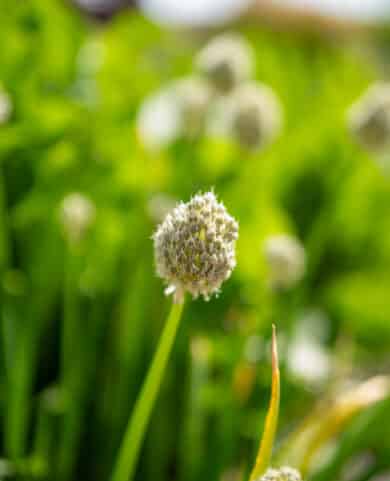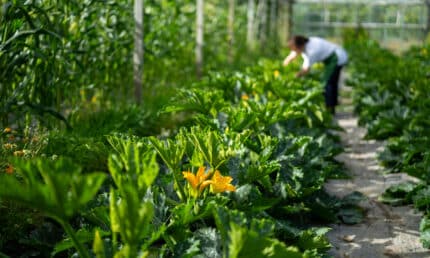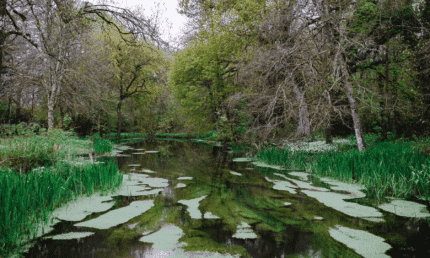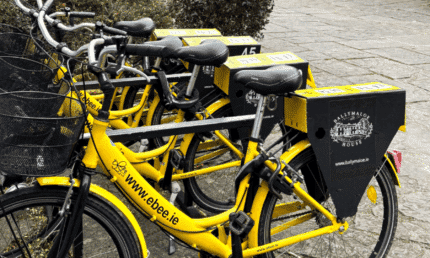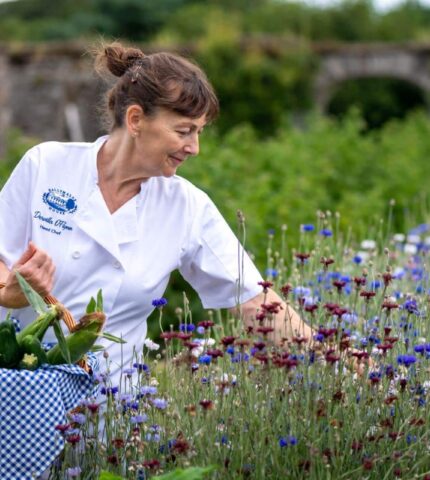
Sustainability
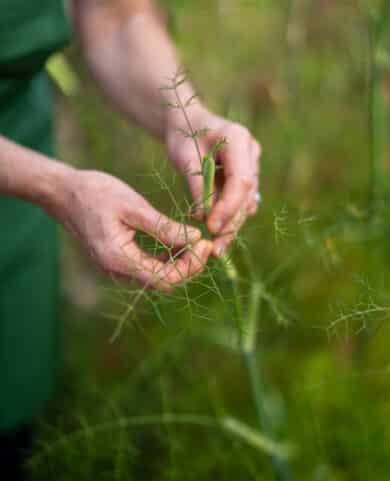
Sustainable And Environmental
When it comes to country house hotels, Ballymaloe House is one of the greenest and most sustainably-minded in Ireland. Our founders, Ivan and Myrtle Allen, laid the groundwork for this reputation from day one by setting out a framework based on environmentally friendly principles.
From a biomass straw boiler and solar panels, to biodiversity and nature preservation, we embrace green practices in every department, every day. We are proud to operate a sustainable business, employ eco-friendly processes and promote a greener future for the hospitality industry.
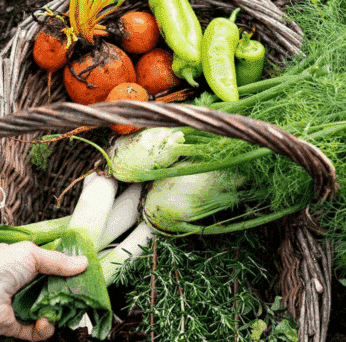
Farm-To-Table
Ballymaloe House Hotel was founded on sustainable food principles, long before farm-to-table thinking was considered fashionable. Today, we serve our simple Irish cuisine using the same thinking.
Most of what our guests enjoy comes from our on-site farm. The rest comes from our incredible group of very local suppliers. But everything is crafted with the same goal to reduce our carbon footprint without reducing our extremely high standards.
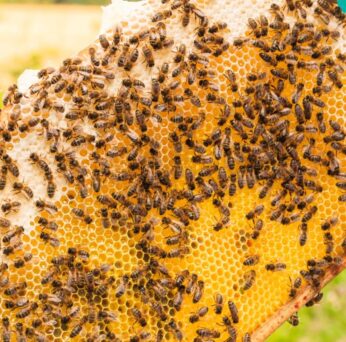
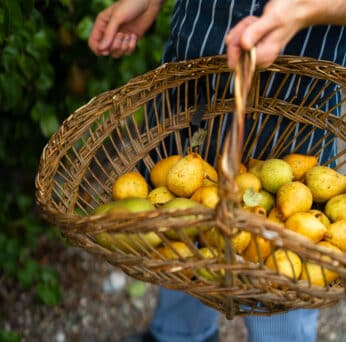
Local Suppliers
All About Partnerships
We have a wide selection of amazing farmers, producers and suppliers that we partner with to help us deliver our high-quality offering.
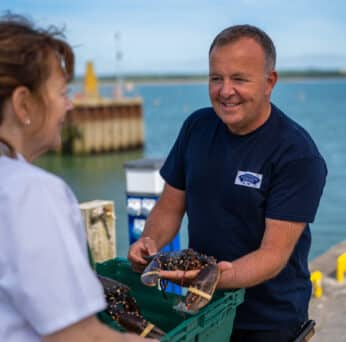
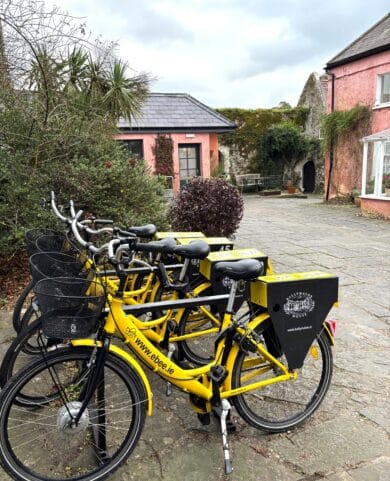
EVs And eBikes
We fully support sustainable travel to, in and from Ballymaloe House. We have a number of complimentary electric bikes for guests aged 16 and over. Each of them comes with helmets and high-visibility vests, along with a detailed map of each route.
We have also recently installed electric car charging points in our car park. Each of them is powered by solar during the day.
